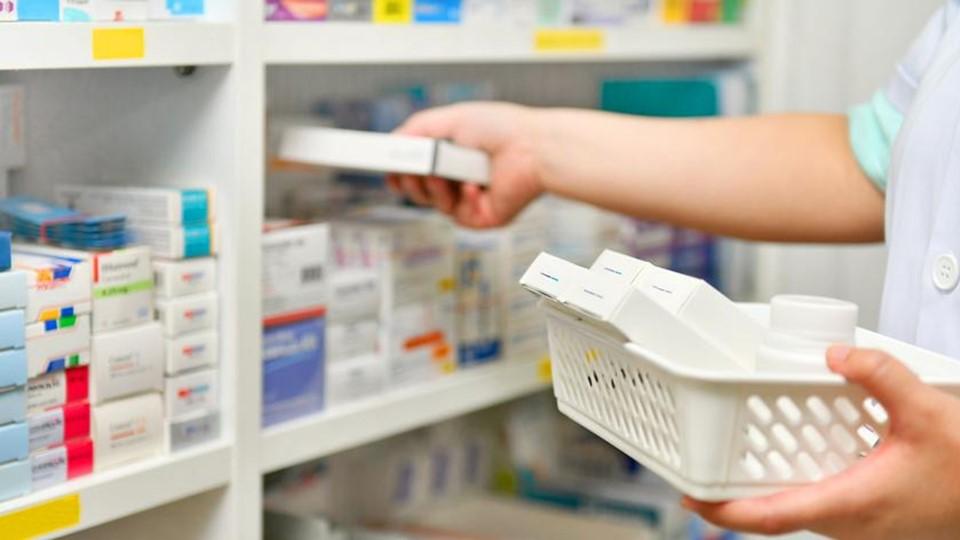Brexit is ‘driving NHS medicines shortages,’ says report

A report from the Nuffield Trust has concluded that the UK is facing “constantly elevated medicine shortages,” including some antibiotics and epilepsy drugs, which are being fuelled by Brexit.
The think tank is urging the government to carry out a review of the deficiencies in the supply chain that are contributing to the problem, which has become the “new normal” since the UK left the EU four years ago and worsened in 2023.
Its report says issues like the fall in the value of sterling and the UK being outside EU supply chains have created a situation in which the government has had to ramp up the reimbursement it pays to pharmacies for buying drugs above their list prices - for instance, if they have to be sourced and imported from overseas in competitive tenders.
It estimates NHS England had to pay £220 million more in one year than the same products would have at their previous costs, in an analysis carried out between September 2022 and September 2023. While the number of cases of these price concessions was relatively stable at about 20 per month before Brexit, they rose to 199 in late 2022 and have remained high since.
Meanwhile, there are now more than double the number of notifications by drugmakers of impending shortages than there were three years ago, at 1,634 in 2023 compared to 648 in 2020, and the UK has also been slower than the EU to approve new medicines that are cleared via the EU’s centralised framework.
“The rise in shortages of vital medicines from rare to commonplace has been a shocking development that few would have expected a decade ago,” said lead author Mark Dayan, the Nuffield Trust Brexit programme lead.
“More and more patients across the UK are experiencing a pharmacist telling them that their medication is not available, it may not be available soon, and it may not be available anywhere nearby,” he added. “This is also creating a great deal of extra work for both GPs and pharmacists.”
While the EU is also facing issues with medicines shortages, the UK’s decision to leave the bloc has exacerbated the problem and means it will not be able to participate in initiatives for pooling supplies between member states, joint purchasing, and encouraging manufacturing back to Europe. And that joint approach could expose the UK to a greater risk of shortages in future, as it is now a much smaller market with less purchasing power.
With no formal changes to the EU-UK trading relationship expected anytime soon, there are still some steps that can be taken unilaterally by the UK government, according to the report, entitled The Future for Health after Brexit.
“Better anticipation of medicine shortages, more openness about shortages in line with other European countries, being careful that sudden squeezes on cost do not drive instability, and having a plan for the EU’s stockpiling and medicine transfer schemes would all be positive steps, which require no international negotiation,” it says.
The day before the report was published, the UK government announced the creation of a new Critical Imports Council – including 23 experts across key industries – that will be tasked with safeguarding flows of vital goods, including medicines.
One of those experts is Richard Torbett, chief executive of the Association of British Pharmaceutical Industry (ABPI), who said: “Supporting and safeguarding the resilient supply of medicines and vaccines to the NHS is critical to the wider health and wealth of UK citizens."
“I look forward to working with others to maintain and further improve the UK’s robust and responsive medicines supply," he added.













